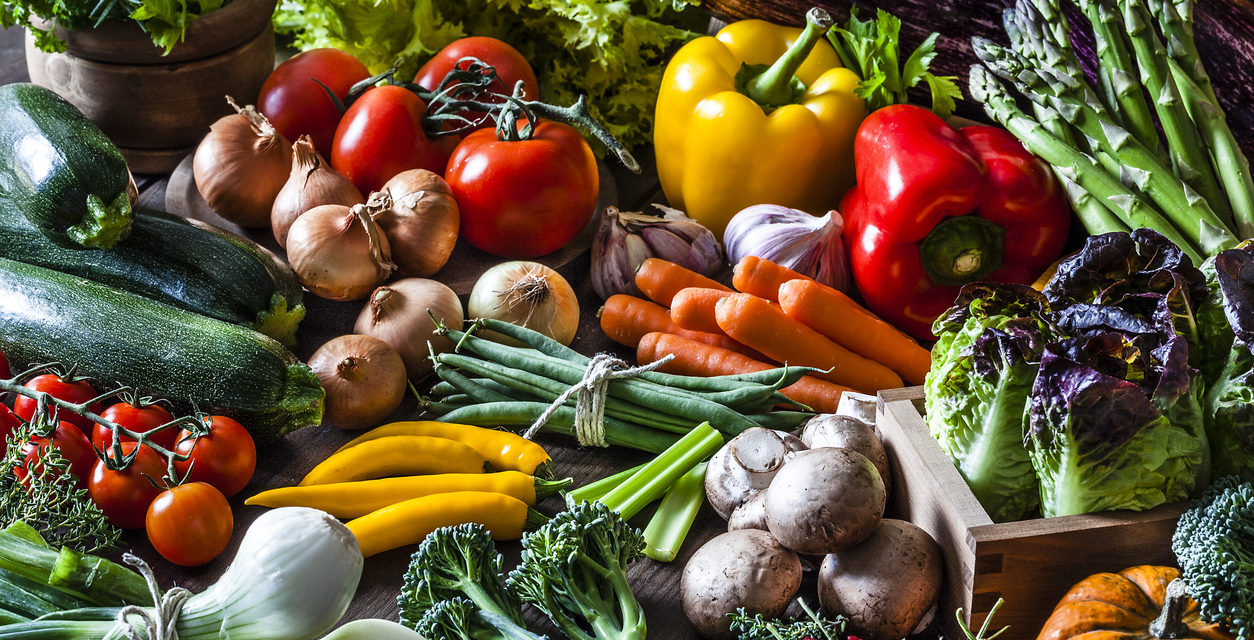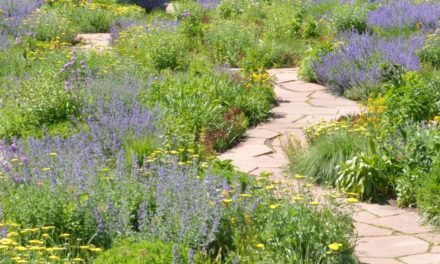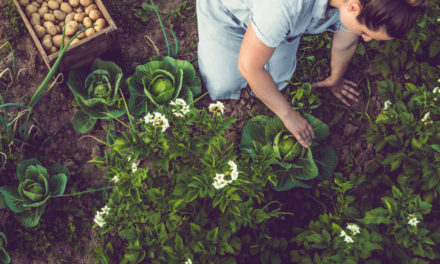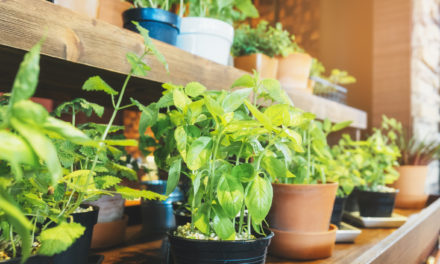Starting your own garden will reward you with delicious and fresh vegetables. In states like Colorado, it’s important to know the basics of gardening at high altitudes. Here’s everything you need to know about high altitude vegetable gardening.
1. Plant Spacing
Vegetables come in a variety of all shapes and sizes and require different amounts of space to grow in your garden. A good rule of thumb for gardening is to leave about 20 to 36 inches of space between each row of plants.
2. Timing of Planting
When gardening at elevations of 5,000 feet or higher, plant vegetables immediately after the last frost or during the rainy season. For more information on when to plant your vegetables, take a look at this Colorado vegetable planting calendar here.
3. Maintenance
To get the most of your Colorado vegetable garden, remember to keep up with routine maintenance including mulching, watering, and weeding. It’s also recommended to use high-quality seeds and water on a daily basis.
When planning a Colorado garden, keep in mind the weather is unpredictable and presents challenges for many gardeners in mountainous regions. Strong winds, high elevations, hail storms, and cooler temperatures all play a key role in Colorado’s limited growing season. When faced with severe weather conditions protect your Colorado vegetable garden with row covers, hoop tunnels, shade cloth, and windbreaks.

Photo Credit: Anna Bies (iStock).
In addition to protecting your vegetable garden from mountain weather and short growing seasons, here are some of the best mountain veggies to grow at higher altitudes.
1. Leafy greens: Lettuce, spinach, kale, arugula, swiss chard, mâche, collards, cabbage, endive, radicchio, turnip greens, beet greens, garden cress;
2. Root vegetables: Carrots, beets, radishes, turnips, kohlrabi, rutabaga, potatoes, leeks;
3. Other vegetables: Peas, broccoli, cauliflower, brussels sprouts, radishes;
4. Herbs: Basil, parsley, sage, oregano, lavender, thyme, French tarragon, horseradish, some mints, and chives;
Whether you’re just getting started or an experienced gardener, these high altitude gardening tips will help you achieve success.

 Photo Credit: fcafotodigital (iStock).
Photo Credit: fcafotodigital (iStock). 



Comment on: High Altitude Vegetable Gardening